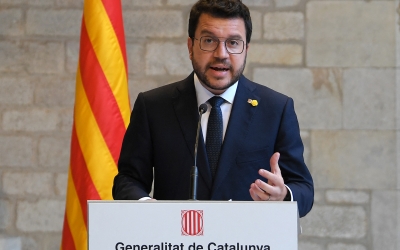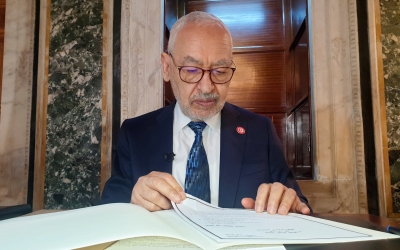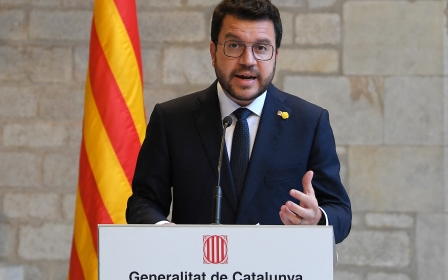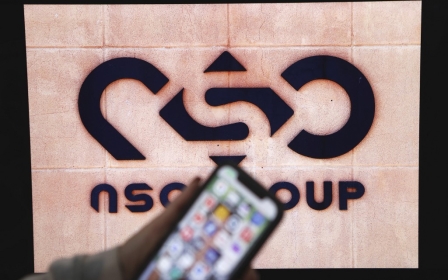Pegasus: Spain says prime minister's phone tapped by Israeli spyware
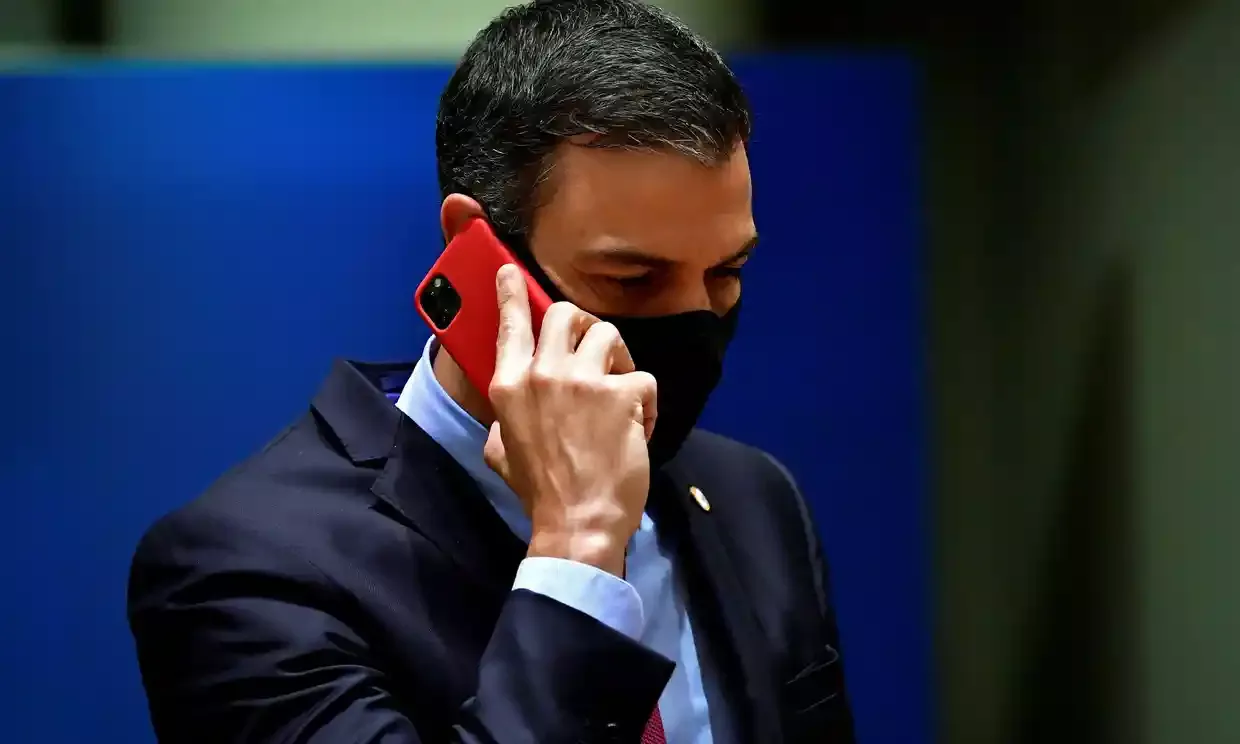
Spain said on Monday that the mobile phones of Prime Minister Pedro Sanchez and Defence Minister Margarita Robles were tapped using Pegasus spyware in an "illicit and external" intervention.
"It is not a supposition, they are facts of enormous gravity," the minister of the presidency, Felix Bolanos, said, confirming the news.
"We are absolutely certain that it was an external attack... because in Spain, in a democracy like ours, all such interventions are carried out by official bodies and with judicial authorisation," he said.
"In this case, neither of the two circumstances prevailed, which is why that we have no doubt that it was an external intervention. We want the justice to investigate," Bolanos said.
He did not say whether the Spanish authorities had any indication yet where the attack originated from or whether another country was behind it.
Bolanos said that Sanchez's phone had been tapped in May 2021 and Robles' in June of the same year.
"A determined amount of data" was extracted from both phones, Bolanos said.
"There is no evidence that there was other tapping after those dates," he added.
The phones of other members of the government are being examined to determine whether they may also have been targeted.
Catalan anger
Pegasus spyware, which is owned by the Israel-based NSO Group, silently infiltrates mobile phones to extract data or activate a camera or microphone to spy on their owners.
Last year, Amnesty International, Forbidden Stories and a consortium of international media organisations revealed the spyware had been used in hacks of smartphones belonging to journalists, officials, human rights activists and world leaders.
The investigative group said it had acquired a list of 50,000 phone numbers that appeared to be targets, identified by NSO's clients, to be spied on using Pegasus.
The numbers of French President Emmanuel Macron, Morocco's King Mohammed VI, Iraqi President Barham Salih and Imran Khan, former prime minister of Pakistan, were among the apparent targets.
In July, forensic analysis by Amnesty International confirmed that a device belonging to Ragip Soylu, MEE's Turkey bureau chief, was infected with the Pegasus software.
The human rights group could not say who ordered the phone to be hacked.
But the Organised Crime and Corruption Reporting Project (OCCRP), an investigative media consortium, confirmed that Soylu's number was included on a leaked list in 2019 and that he had likely been chosen by Saudi Arabia as a "person of interest" to be targeted by Pegasus.
In August, MEE revealed that Rached Ghannouchi, the speaker of Tunisia's parliament and head of the Ennahda party, was targeted by Saudi Arabia for surveillance using the spyware.
NSO claims the software is only sold to government agencies to target criminals and terrorists, with the green light of Israeli authorities.
The company has been criticised by global rights groups for violating users' privacy around the world and it faces lawsuits from major tech firms such as Apple and Microsoft.
Catalan separatists have accused Spain's intelligence services of using spyware to spy on their mobile phones, reviving tensions with Sanchez's minority leftist government, which relies on their support to pass legislation.
Middle East Eye delivers independent and unrivalled coverage and analysis of the Middle East, North Africa and beyond. To learn more about republishing this content and the associated fees, please fill out this form. More about MEE can be found here.


